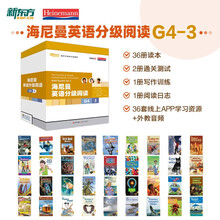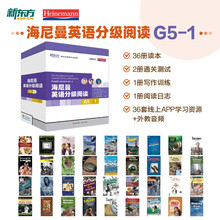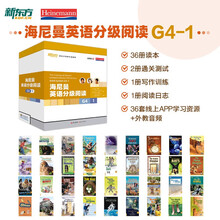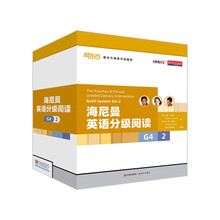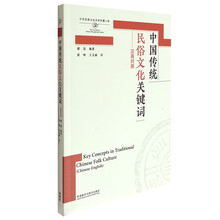Instead of arguing over whether or not L2 teachers should study,for example, theories of SLA as part of a professional preparation program, attention may be better focused on creating opportunities for L2 teachers to make sense of those theories in their professional lives and the settings where they work (Freeman &Johnson, 1998a; 2004). From this perspective, the construct of praxis (Freire, 1970) is more suitable for the preparation of teachersbecause it captures how theory and practice inform one another and how this transformative process informs teachers work (Carr & Kemmis, 1986; Edge &Richards, 1998; Simon, 1992).
A recent account of L2 teachers praxis is The TESOL Quarterly Dialogues:Rethinking Issues of Language, Culture, and Power (Sharkey &Johnson, 2003). In this collection of dialogues between TQ readers (classroom teachers) and TQ authors (researchers), expert knowledge (Kennedy, 1999) as codified in previously published TQ articles provides TQ readers with theoretical constructsand multiple discourses through which they express their emerging under-standings of language, culture, and power in L2 teaching. TQ readers actively link this expert knowledge to their own experiential knowledge as they reframe the way they describe and interpret their lived experiences. These new under- standings enable TQ readers to reorganize their experiential knowledge, and this reorganization creates a new lens through which they interpret their understandings of themselves and their classroom practices. Thus, praxis, as a form of expertise, has a great deal of experiential knowledge in it, but it is organized around and transformed through theoretical knowledge.
展开

